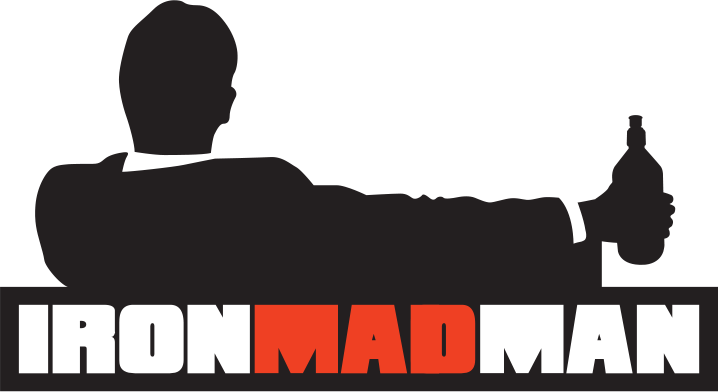Balancing the Balancing Act
/After completing his second Ironman 40-plus minutes faster than his first, my buddy Rusty told me he actually did so by training less. He didn't push himself quite as hard, tapered longer, and when he simply didn't feel like training, he didn't. All while self-coaching himself. I thought all this sounded like sacrilege at the time. But I was a few weeks out from Ironman Arizona, mired in the depths of my final build push. Train less? Skip a workout because I didn't feel like it? No way!
Now, in the beginning stages of the first real build phase in my Ironman Coeur d'Alene training, I'm beginning to see more what he meant. For starters, I find that I slide around workouts on my Training Peaks schedule the way I move letters around my Words with Friends screen on my iPhone (btw, I'm ironmadman if you're obsessed with the game like me!). If a workout isn't convenient for me or if I'm just not feeling it for some reason, I move the workout to another day. I did that tonight with a scheduled strength training session. I hadn't been home from work and working out before 8 p.m. in several days. That had to change. I wanted to sit on the couch and be a bum for 15 minutes watching the Lakers game.
So I did.
I think listening to your body and mind and actually acting on what they're telling you is one of the hardest parts of triathlon training. It's so easy to get caught up in completing every workout on the schedule. But sometimes it's just not practical. It's what you do in those moments that may ultimately define your performance on race day. I suppose the real balancing act is knowing when it's OK to ease off and when pushing through will lead to a performance increase.
Perhaps that's what coaches are for.
118 days and counting.
